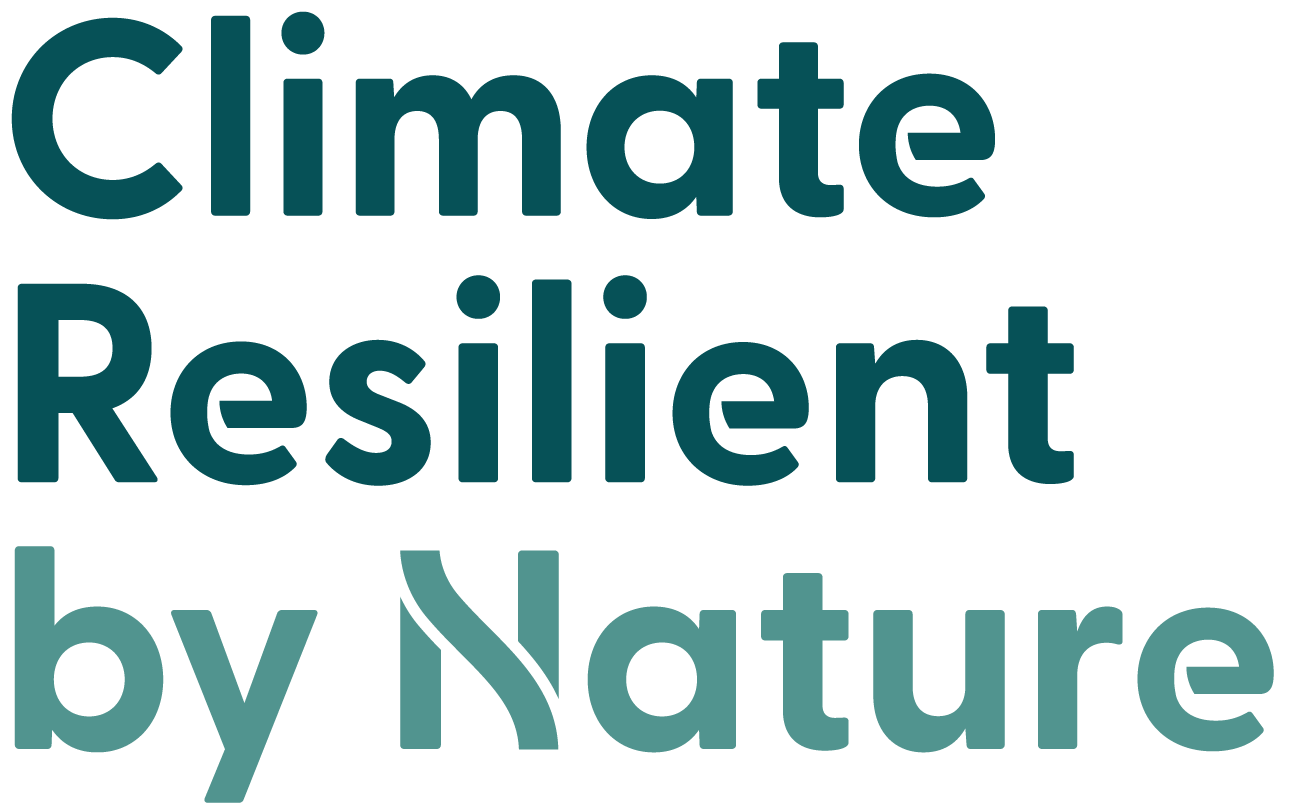
Community-led Farmer Managed Natural Regeneration of Mangroves and Tropical Forests
Utilising a Farmer Managed Natural Regeneration (FMNR) approach to regenerate, restore and protect agricultural land, tropical forests and mangroves.
Partners
World Vision (Australia, Solomon Islands)
Ministry of Fisheries and Marine Resources
Ministry of Environment, Climate Change, Disaster Management and Meteorology
Countries
Mangrove saplings in Kwene © WWF-Australia / Georgia Davis
Project summary
Forests in Solomon Island have been logged at unsustainable rates for decades. If logging continues at current rates, natural forests will be exhausted by 2036, according to Solomon Islands’ Ministry of Finance.
As part of a nature-based solution to protect ecosystems and mitigate climate change, Farmer Managed Natural Regeneration (FMNR) initiatives will be implemented by World Vision in eight communities experiencing serious challenges to ecosystem health and agricultural productivity in North Malaita and Makira-Ulawa.
FMNR is a low-cost land restoration technique involving the systematic regrowth and management of trees and shrubs from felled tree stumps, sprouting root systems or seeds. The regrown trees and shrubs help restore soil structure and health, prevent erosion, and increase biodiversity. Along with protecting tropical forests, the project will pilot using FMNR for mangrove restoration – thereby preserving their functions in disaster risk mitigation and addressing climate change through carbon sequestration.
Regenerating, restoring and protecting mangrove forests, agricultural land and tropical forests aims to enhance community resilience to climate change, strengthen climate-resilient agricultural livelihoods, and reduce disaster risks, while strengthening community capacity, leadership and confidence.
Project activities will be designed and implemented in partnership with schools, farmers, and households in target communities. The project will also conduct training and awareness of climate change, with a strong focus on understanding community Traditional Knowledge, and integrating it with climate change adaptation planning.
This project is funded under Component 2 of Climate Resilient by Nature (CRxN) via the Pacific Nature-Based Solutions Challenge.
Our approach
Improving food security through natural resource management.
Protecting and restoring ecosystems through revegetation efforts.
Protecting and restoring of mangroves to reduce storm surge risk.
Achievements
More than 800 people are involved in the nature-based solutions in eight communities.
Bylaws have been legalised in all eight communities with protective rules such as banning the cutting of mangroves and forests and restrictions on fishing.
7 hectares of forest and mangrove are being protected and restored.
Three non-project villages have started mangrove replanting with support from FMNR champions.
More than 200 people have received training on gender and disability-inclusive FMNR practices. Importantly, women’s representation on the FMNR committees has increased, helping to position women in decision making roles related to nature-based solutions.
300 school students have also been engaged in environmental stewardship programs, and a number of schools have now developed their own ecosystem restoration plans.
“I have been invited to conduct a mangrove planting demonstration and speak at the Loina community near Sulagwalu. I now possess the confidence and skills to assist other vulnerable communities in engaging with nature-based solutions, thanks to the World Vision Solomon Islands project team.”
— Ben Ofasiri from Sulagwalu, who started his own mangrove restoration project and has received technical assistance through Climate Resilient by Nature.


